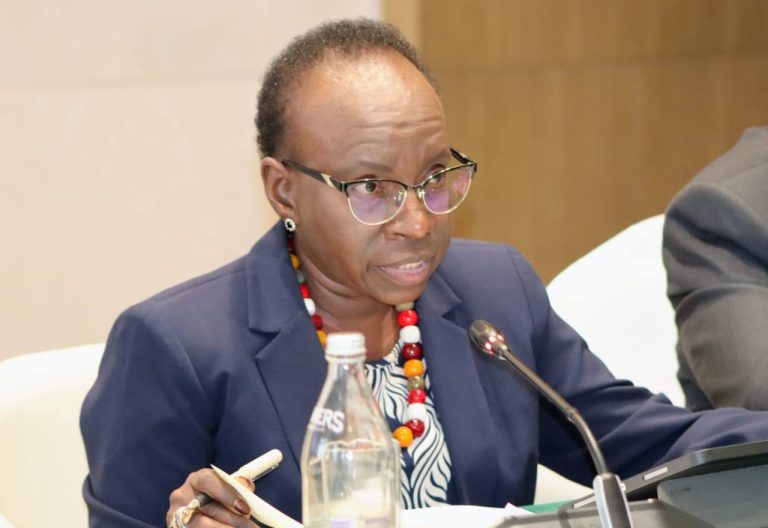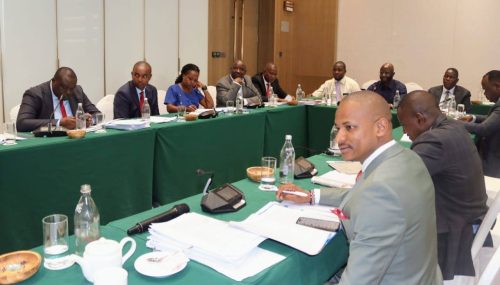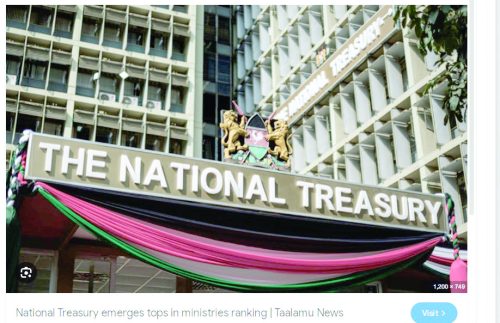Auditor-General warns delayed treasury releases threaten govt programmes

The Auditor-General Nancy Gathungu has raised serious concerns about the persistent delays in Exchequer fund releases and insufficient budget allocations to government Ministries, Departments, and Agencies (MDAs), as well as County Governments.
She emphasized that these delays are undermining the implementation of crucial government programs across the country.
Appearing before the Budget and Appropriations Committee on Tuesday, May 27, 2025, Gathungu revealed that Exchequer releases often come as late as July , several months after the start of the financial year , leaving both national and county governments with a narrow window to effectively use the funds.
Late Exchequer releases
“As a result of late Exchequer releases, both the national government and county governments are left with limited time to absorb the funds,” she told the committee chaired by Samuel Atandi.

The Auditor-General warned that these delays increase the risk of inefficient resource utilization, which could lead to wastage of public funds and hamper service delivery.
“There is also a risk of inefficient utilization of resources by entities, leading to wastage of public resources. This disrupts the performance of government programs by slowing down the attainment of development objectives and service delivery to the citizens,” she explained.
Budget allocation increase
During her presentation of the Office of the Auditor-General’s (OAG) budget estimates for the financial year 2025/26, Gathungu disclosed that the OAG has been allocated Kshs. 8.689 billion. This includes Kshs. 8.359 billion for recurrent expenditure and Kshs. 330 million for development expenditure. The allocation reflects a modest increase of Kshs. 36.8 million from the Kshs. 8.652 billion outlined in the 2025 Budget Policy Statement.

“The additional allocation was made following my appeal to this committee and the National Treasury for increased resources to address the growing audit scope, especially with public secondary schools and TVET institutions becoming self-accounting,” she noted.
Call for financial independence
Gathungu also called for the swift establishment of a Single-Line Budget funding mechanism for the Auditor-General’s Office. Currently, all budget releases to the OAG are channeled through the National Treasury, limiting the office’s financial autonomy.
“This will give the Office some degree of financial independence and facilitate effective and efficient responses in addressing emerging audit issues and in responding to requests by Parliament and County Assemblies for special audits, without having to seek reallocations through the National Treasury,” she said.
In response, members of the Budget and Appropriations Committee reaffirmed their commitment to supporting the adoption of the Single-Line Budget system, recognizing its potential to enhance the operational efficiency of the Auditor-General’s Office.
The committee also reviewed feedback from public hearings held in eleven counties concerning the 2025/26 budget estimates, signaling ongoing efforts to incorporate citizen input into the budgeting process.
The Auditor-General’s warnings underscore the critical need for timely and adequate funding to ensure that government programs deliver intended benefits to Kenyans without unnecessary delays or resource wastage.












